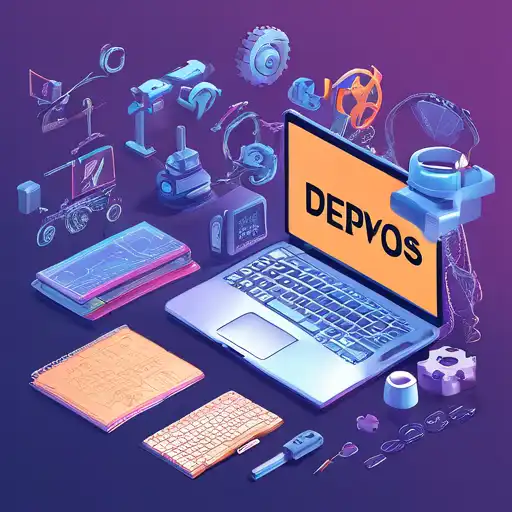Introduction to DevOps in 2023
As we step into 2023, the DevOps landscape continues to evolve, bringing forward tools that promise to streamline development and operations processes like never before. This guide highlights the must-know DevOps tools that are shaping the future of software development, deployment, and monitoring.
Top DevOps Tools to Master in 2023
Staying ahead in the fast-paced world of technology requires familiarity with the latest tools. Here’s a rundown of the DevOps tools you need to know in 2023.
1. Kubernetes
Kubernetes remains the undisputed leader in container orchestration. Its ability to automate deployment, scaling, and operations of application containers across clusters of hosts makes it indispensable for DevOps teams.
2. Docker
Docker continues to be a cornerstone for containerization, enabling developers to package applications with all their dependencies into a standardized unit for software development.
3. Terraform
For infrastructure as code (IaC), Terraform by HashiCorp is the go-to tool. It allows teams to define and provision data center infrastructure using a declarative configuration language.
4. Jenkins
Jenkins, the open-source automation server, is pivotal for implementing CI/CD pipelines, facilitating continuous integration and continuous delivery in software projects.
5. Ansible
Ansible simplifies cloud provisioning, configuration management, application deployment, and intra-service orchestration with its simple, agentless architecture.
Why These Tools Matter
The right set of tools can significantly reduce the time from development to deployment, enhance collaboration between teams, and improve the reliability and security of applications. Mastering these tools in 2023 will not only boost your productivity but also your career prospects in the DevOps field.
Getting Started with DevOps Tools
For those new to DevOps, starting with Docker and Kubernetes can provide a solid foundation. Explore our guide on Docker to begin your journey. Meanwhile, seasoned professionals might want to dive deeper into Terraform and Ansible for advanced infrastructure automation.
Conclusion
The DevOps tools landscape in 2023 is rich and varied, offering solutions for every stage of the software development lifecycle. By familiarizing yourself with these tools, you can ensure that your projects are efficient, scalable, and secure. Stay tuned to our blog for more insights into DevOps and other technology trends.
